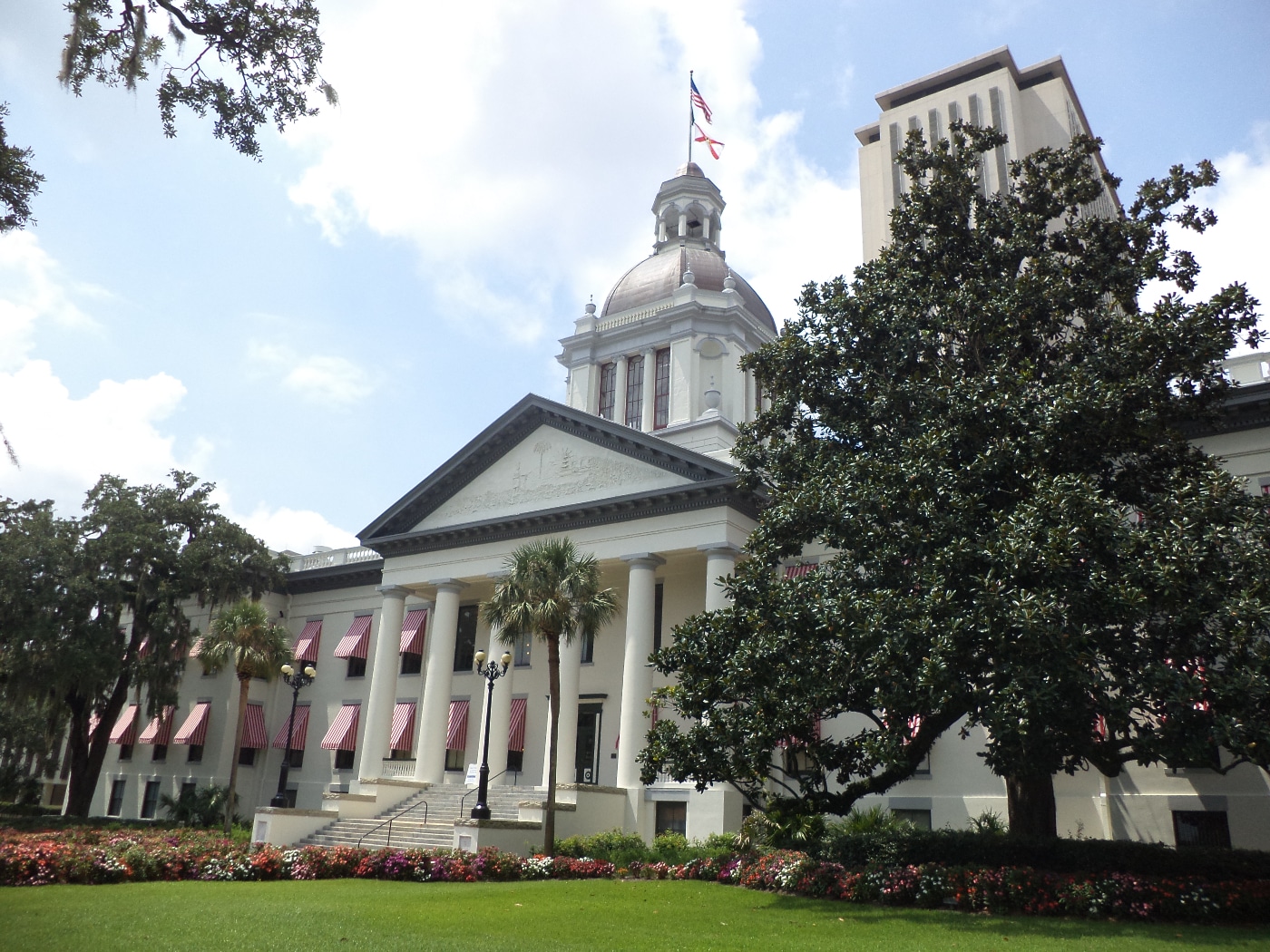A Florida lawmaker has introduced a bill to decriminalize all currently illicit drugs, provide avenues for relief for those with existing drug-related convictions and promote harm reduction services.
Rep. Dotie Joseph (D) filed the legislation, titled the “Collateral Consequences of Convictions and Decriminalization of Cannabis and All Drugs Act” on November 23.
For marijuana specifically, it would make possession of up to 1 ounce a non-criminal violation punishable by a $50 fine, rather than a misdemeanor offense. It would apply the same non-criminal penalty to delivery of up to an ounce of marijuana.
People with past convictions for those cannabis-related offenses would be eligible for automatic expungements if more than a year has elapsed since the date of the arrest.
The bill goes on to say that the legislature “intends the prioritization of rehabilitative health intervention in lieu of criminalization for personal usage of controlled substances, including but not limited to stimulants including cocaine, methamphetamine, opioids, heroin, fentanyl, depressants or benzodiazepines, and other addictive controlled substances.”
The legislation would further require the state health department to study “supervised drug consumption facilities.”
To that end, charges “associated with the personal usage and possession of controlled substances that do not involve production, distribution or sale shall be decriminalized in favor or civil fines and referral for drug rehabilitation.”
The bill continues:
“In the interest of the health and public safety of the residents of Florida, preserving individual freedoms without sacrificing community costs, allowing law enforcement to focus resources on violent and property crimes, generating revenue for education, substance abuse prevention and treatment, freeing public resources to invest in communities and other public purposes rather than continuing to overburden prisons with a population that needs medical attention, seeking corrective equity on the impact of the ‘war on drugs,’ and identifying real people-centered solutions to various drugs crises like the opioid epidemic, the Legislature is prioritizing treatment and safety in an effort to preserve lives rather than discard them through criminalization and incarceration.”
The legislation would further require the state health department to study “more effective methods of addressing drug addiction in lieu of criminalizing.”
“This study shall include but not be limited to supervised drug consumption facilities, which have been proven to reduce public disorder associated with drugs, and lead to a drop in the behaviors linked to HIV and Hepatitis C transmission,” the text states.
The department would be mandated to submit a report on its findings to the governor and legislative leaders by December 31, 2022.
When it comes to collateral consequences of drug convictions, Joseph is proposing a prosecutorial policy change where people arrested for drugs are explicitly made aware of possible repercussions when it comes to housing and employment opportunities, student financial aid and voting rights.
Additionally, the legislation would amend statute to ensure that people who face convictions in other states or at the federal level do not face more severe penalties under Florida law.
This is yet another example of state legislators pursuing reform to end criminalization.
It provides for a petition process through the Board of Executive Clemency for “a certificate of restoration of rights relieving collateral sanctions not sooner than 5 years after the individual’s most recent conviction of a felony or misdemeanor in any jurisdiction.”
This is yet another example of state legislators pursuing reform to end criminalization, with a focus on public health and equity.
For example, a young New Hampshire lawmaker is pushing for the decriminalization of psilocybin as well as all currently illicit substances.
Earlier this year, a 20-year-old Kansas lawmaker introduced a bill to broadly decriminalize drug possession in the state.
A coalition of drug reform advocates in Washington State announced in September that they’ll seek to qualify a decriminalization measure for the state’s 2022 ballot. A task force based in Seattle, meanwhile, recently issued recommendations advising that local and municipal leaders decriminalize psychedelics—and eventually consider legalizing all drugs.
In neighboring Oregon, voters approved two separate statewide initiatives in 2020, one decriminalizing possession of all drugs and another to legalize psilocybin.
In May, lawmakers in Congress filed the first-ever legislation to federally decriminalize possession of illicit substances.
Back in Florida, activists filed a new petition in September to put marijuana legalization on the 2022 ballot after previous versions of the reform were rejected by the state Supreme Court earlier this year. Also in September, the top Democrat in the Florida Senate filed a bill that would require the state to research the medical benefits of psychedelics such as psilocybin and MDMA.
Photograph of Florida state capitol by Michael Rivera via Wikimedia Commons/Creative Commons 3.0
This story was originally published by Marijuana Moment, which tracks the politics and policy of cannabis and drugs. Follow Marijuana Moment on Twitter and Facebook, and sign up for its newsletter.





Show Comments